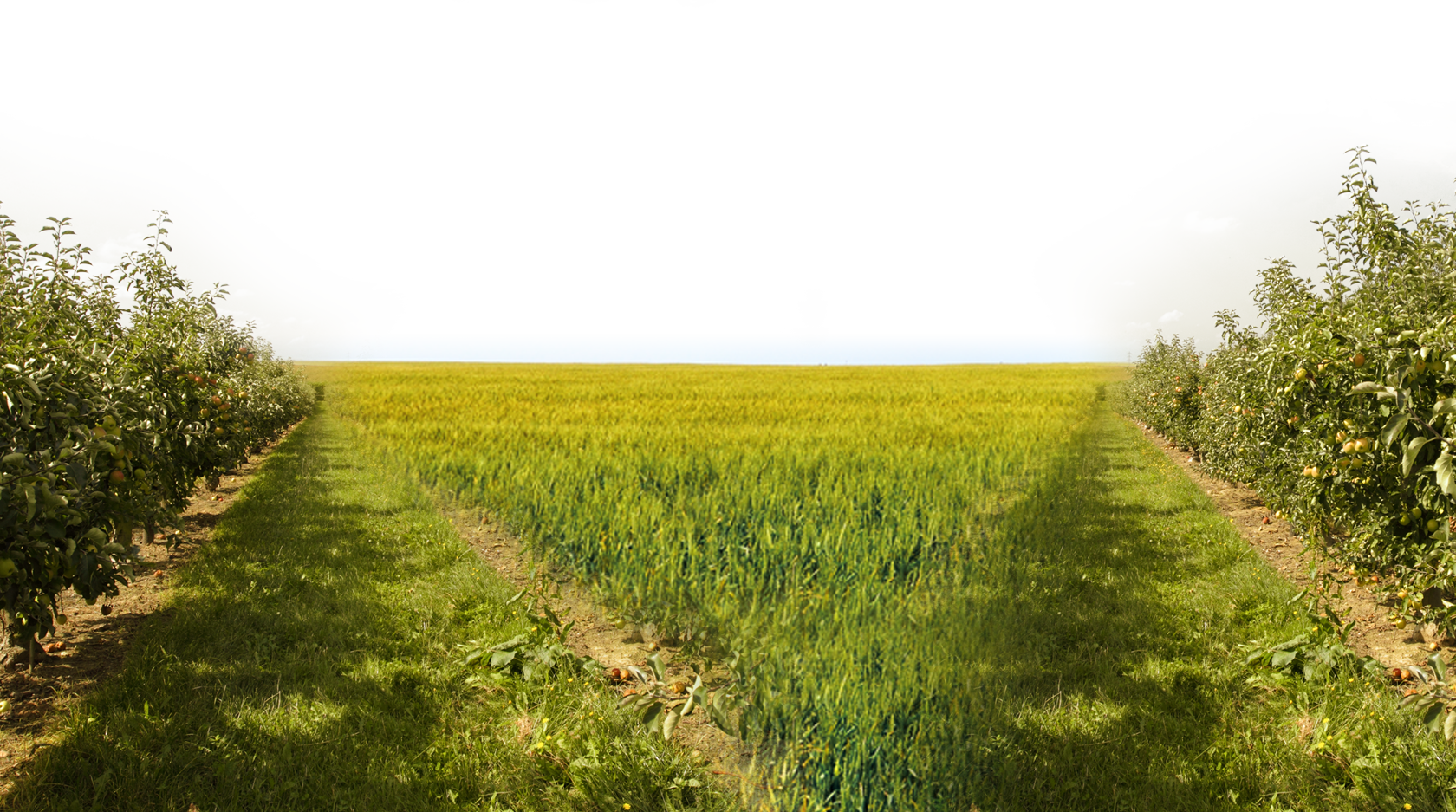
Vitamin D – Part 3 – Was it the Vitamin D or the milk that helped with arthritis?
By Dr. Daria | 0 Comments | Posted 08/05/2014
Here’s some interesting new information – drinking milk slows the progression of osteoarthritis of the knee! This effect was seen in women only and only with milk consumption, not with any other type of dairy product like cheeses and yogurt. This is a surprising and confusing observation and has researchers and others wondering why? Milk helps but cheese and yogurt don’t?
There is a huge and ongoing study, sponsored largely by the U.S. NIH (National Institutes of Health) called the Osteoarthritis Initiative: A Knee Health Study. Osteoarthritis is the type of arthritis that we refer to “wear and tear” arthritis. The older we get, the more likely we are to develop osteoarthritis. Over 50% of people aged 65 years or older in the U.S. have XRay evidence of osteoarthritis in at least one joint, with knee osteoarthritis present in about 40% of people by the age of 45.
The study, published in June of this year, included over 2,000 participants from across the United States. All participants completed food diaries. Milk consumption was ranked as none, 3 or less glasses per week, 4-6 glasses per week and 7 or more glasses per week. In women, the milk consumption was found to be associated with a slowing of progression of knee osteoarthritis as shown on XRays. Only milk consumption showed this effect, and the higher to amount consumed, the greater the benefit in slowing down the arthritis.
So, a reasonable question has been asked: Why only the milk and not the other dairy products? No one knows for sure but one possibility is that the milk is the only dairy product that is routinely fortified with Vitamin D. Quoting from a study from the American Society of Clinical Nutrition, “in the United States, milk and ready-to-eat cereals are the predominant food sources of vitamin D.” Only “fortified” milk contains Vitamin D and most milk sold in the U.S is fortified.
Could those results be just from the added Vitamin D? Well, two studies were published in 2013 from different research teams showing that Vitamin D (not associated with milk consumption) was directly helpful in improving osteoarthritis of the knee! So, yes, it could have been the Vitamin D!
So, the question – Was it the vitamin D or the milk that helped? We don’t know for sure. Milk is a nice source of calcium and protein and fats. It does not naturally contain Vitamin D. In Part 1 of this series we looked at the evidence that Vitamin D itself has very broad health benefits. So, was it the milk? Was it the Vitamin D? I don’t know for sure, but my bet is on the Vitamin D! Such a lovely vitamin!
Additional Resources:
https://oai.epi-ucsf.org/datarelease/StudyOverview.asp
http://www.cdc.gov/arthritis/basics/osteoarthritis.htm
http://www.ncbi.nlm.nih.gov/pubmed/24221506
http://www.ncbi.nlm.nih.gov/pubmed/23904246


 Contact us
Contact us



























